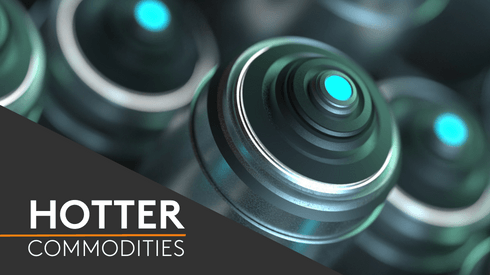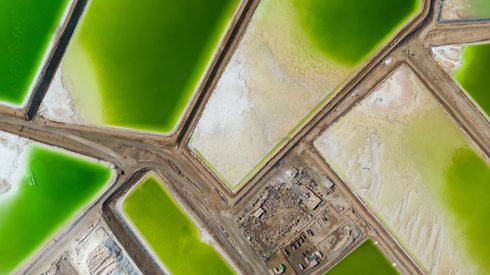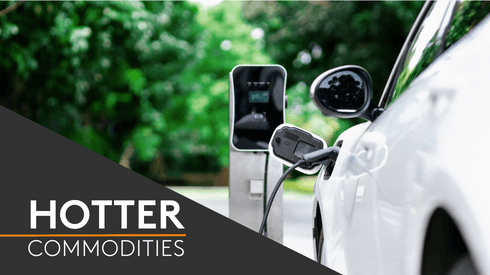The joint venture, under the name ReLieVe, will operate an upstream battery dismantling and black mass production facility as well as a downstream unit designed to extract metals from the powder, they said.
While the upstream black mass production plant will begin operations in 2025, the downstream plant has a target start-up date in 2027, Eramet said on Friday September 22.
The black mass production plant was expected to process 50,000 tonnes per year of battery modules, corresponding to around 200,000 EVs, according to Eramet.
Once operational, ReLieVe’s downstream plant will “extract and refine the vital metals contained in the black mass, including nickel, cobalt and lithium,” Eramet said. “These refined metals will be repurposed in the production of new batteries, contributing to a sustainable circular economy.”
Within the project, the partners will have different roles. Suez will lead the collection, sorting, preparation, dismantling and recycling of materials from used batteries, while Eramet will be responsible for the development of hydrometallurgical technology to recycle the metals contained in the black mass.
Before the commercial launch in 2025, “a pilot plant to continuously test and validate the refining process on a pre-industrial scale is about to be put into operation in Trappes, on the site of Eramet’s research center,” the metallurgy and mining firm said.
One of the most notable aspects of the ReLieVe project was its potential to meet, and even surpass, imminent European regulations while substantially minimizing the consumption of natural resources and reducing the overall carbon footprint, Fastmarkets was told.
The details of the major new plants have come at a time when major EU-based firms were planning to expand into battery recycling, amid the introduction of stricter targets for the recycling of battery raw materials from 2027, and efforts to classify black mass as “hazardous waste” and thereby to cut off exports of such material to nations outside the Organisation for Economic Co-operation and Development (OECD).
Market demand for greater reporting of the EU black mass market led to Fastmarkets launching EU domestic black mass price assessments on September 20.
Companies soon to enter the EU black mass refining space included German battery materials producer BASF. It is currently operating a pilot plant to process the material, and announced last year that it intended to start a 15,000-tpy unit for production of black mass in Schwarzheide from early 2024.
Another example was German startup Tozero, which recently began operating a hydrometallurgical pilot plant in Karlsfeld, near Munich.
Finland’s Fortum Recycling operates the first commercial-scale facility in Europe for hydrometallurgical battery recycling. Its Harjavalta facility has been designed to recover metals such as cobalt, nickel and lithium from black mass. It currently produces recycled nickel and cobalt sulfates, but EU market sources have told Fastmarkets that the firm has not yet started lithium recovery operations.
Want more insights and forecasts for the battery recycling and black mass market?
Keep up to date with global market insights and predictions for the battery recycling market with the Fastmarkets NewGen Battery Recycling Outlook.






